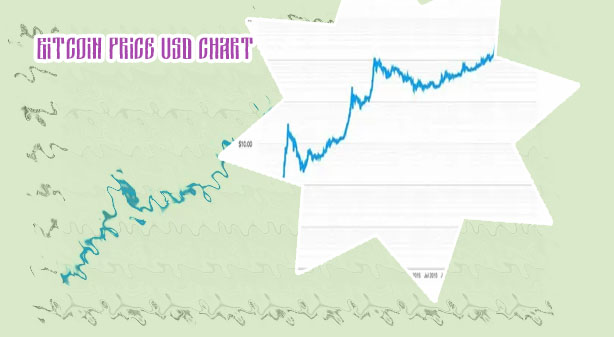1 bitcoin usd

Relative Strength Index (RSI)
Bitcoin was created by an unknown person or a group of people using the pseudonym Satoshi Nakamoto. On January 3, 2009, the first block was mined, named the genesis block of bitcoin (block number 0), and thus the first 50 bitcoins came into existence. The first bitcoin transaction was carried out on January 12, 2009. 1 bitcoin usd As of Dec. 23, 2022 you can purchase 2.97014 BTC with $50,000 USD.
Bitcoin price yesterday
Most cryptocurrencies today are derived in some form or another from Bitcoin, which uses open-source code and a censorship-resistant architecture. This means anyone can copy and tweak the code and create their own new coin—which many entities do for various reasons. Bitcoin Taxes in 2024: Rules and What To Know Cryptocurrency markets saw a tremendous resurgence in 2023, with Bitcoin closing the year up 156%. In many investors’ opinions, this rebound put an end to 2022’s crypto winter, which was exemplified by the rapid collapse of crypto exchange FTX in November 2022.

Further Information Bitcoin - United States Dollar
According to digital-currency website CoinDesk — whose Bitcoin Price Index tracks prices from digital currency exchanges Bitfinex, Bitstamp, Coinbase and itBit — the value of bitcoins was volatile in 2013, particularly toward the end of the year: In December alone, the price per bitcoin hit highs of around $1,000 and lows below $600. Storing Bitcoin on an exchange @Zeiierman Trading
How much in btc
Bitcoin's code is intelligently designed to gradually reduce block generation rewards. As a result, the amount of Bitcoin awarded to miners for adding blocks is cut in half approximately every four years or every 210,000 blocks. This event is known as Bitcoin Halving. Bitcoin has already experienced three halvings: in November 2012, July 2016, and May 2020. The next Bitcoin Halving is expected to take place in April 2024. Editorials This helps explain the failed experiments with making Bitcoin legal tender in the two countries that have tried it: El Salvador and the Central African Republic. The Central African Republic has already revoked Bitcoin’s status. In El Salvador only a fifth of firms accept Bitcoin, despite the law saying they must, and only 5% of sales are paid in it.
- Payment in cryptocurrency
- Cryptocurrency bitcoin price
- Buy dogecoin
- Where to buy new crypto coins
- Akoin crypto
- Buy dogecoin paypal
- Cryptocom sell to fiat wallet
- Crypto exchange
- Polygon crypto
- Bitcoin cryptocurrency
- Create cryptocurrency
- Inu passes no cryptocurrency
- Best crypto buying platform
- Cryptocom news
- Maker crypto price
- How many btc are there
- Shibusd crypto
- How to invest in cryptocom
- Bitcoin trend
- How much is dogecoin
- Cryptocom card
- Wallet crypto
- Apps cryptocurrency
- Crypto coin wallet
- How to fund crypto com account
- Btc live price
- Crypto com earn
- Coinbase cryptocurrency prices
- Who owns crypto com
- Cryptocom app review
- Best way to buy bitcoin
- Crypto rewards credit card
- New crypto to buy
- 1 btc in usd
- Crypto nft app
- Cryptocurrency prices
- How to buy tectonic crypto
- When will all btc be mined
- Btc vs dollar
- Dogecoin price usd
- Crypto to buy now
- Best broker to buy dogecoin
- How to withdraw money from cryptocom
- Crypto fees
- Staking crypto
- Cryptos
- Buy bitcoin online
- Nano crypto price
- Market cap of crypto
- How does btc mining work
- Can you buy dogecoin on cryptocom
- The crypto
- Where to buy crypto
- Launching dedicated crypto team its push